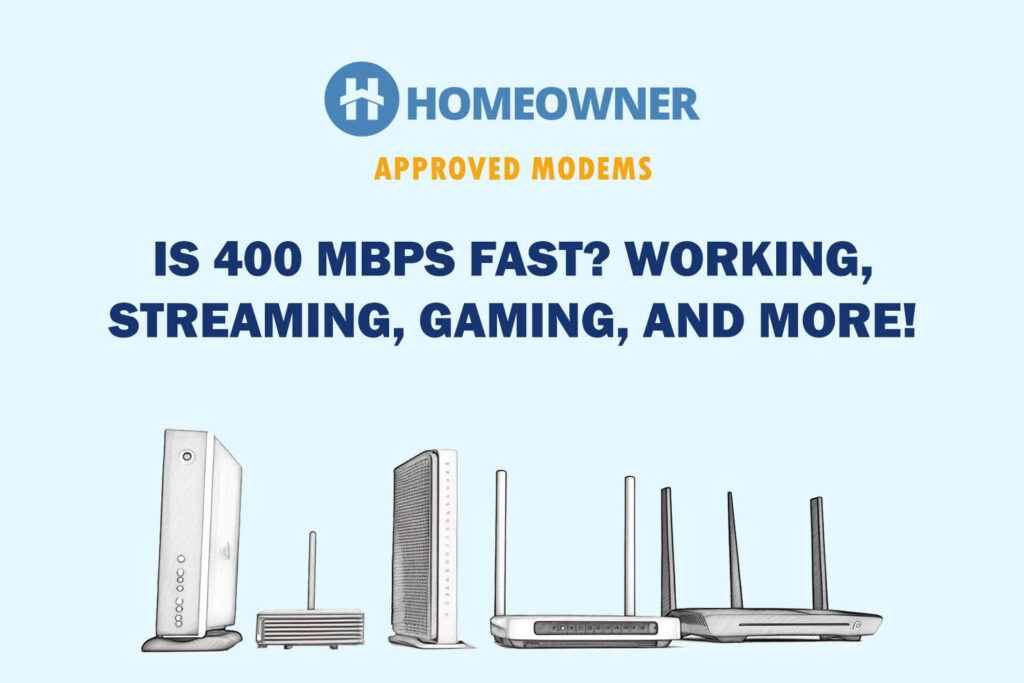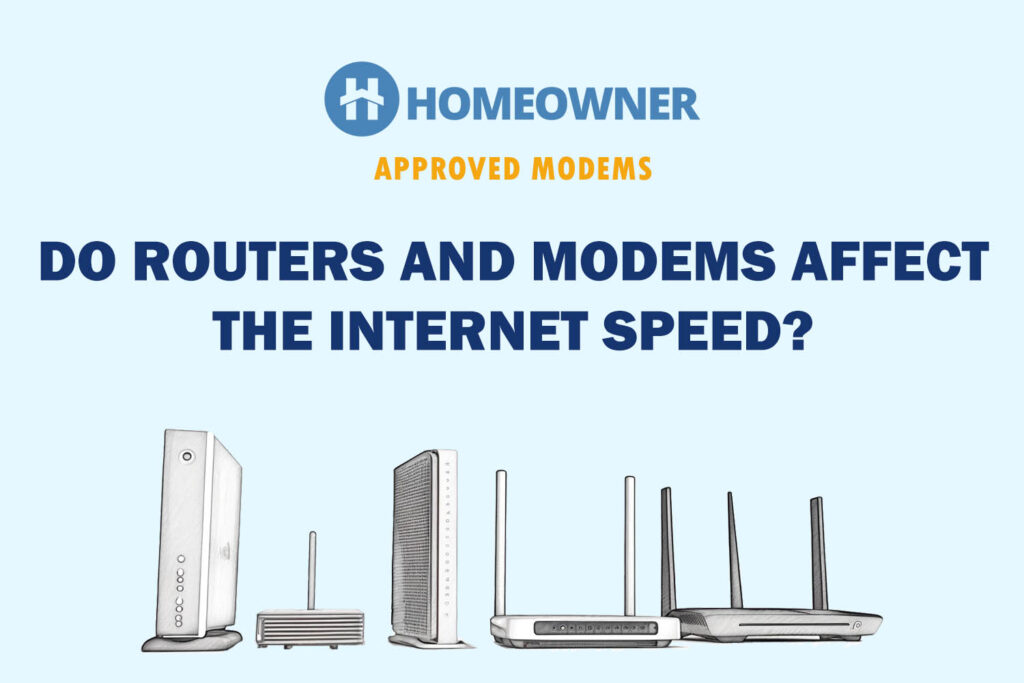The first thing to come across while subscribing to an internet service is confusion about what internet speed I need. That can be decided by Download & Upload speed. While faster speeds are always better, they also happen to be more costlier.
That's why instead of overspending on the fastest internet pack, you should subscribe to a plan that offers downloads and upload speeds that are suited to your needs. In this article, I've broken down the upload and download speeds needed for different tasks.
While I've tried to add all possible activities and the speeds (both upload & download) needed for them, if I've missed something, you can compare your use case with what's mentioned, and you'll get the answer.
What is a Good Upload and Download Speed? [Updated for 2025]
| Internet Plan | Download Speed* | Upload Speed | Summary | Ideal Users | Suitability |
|---|---|---|---|---|---|
| 5 Mbps | 0.625 MB/s | 768 Kbps | Slow | 1 | Browsing on Single Device |
| 10 Mbps | 1.25 MB/s | 1.7 Mbps | Basic | 2 | Browsing on 2 Devices |
| 25 Mbps | 3.125 MB/s | 3 Mbps | Average | 3 | Browsing on 2-3 Devices |
| 50 Mbps | 6.25 MB/s | 10 Mbps | Good | 4 | Social Media / Content Creation |
| 100 Mbps | 12.5 MB/s | 11 – 12 Mbps | Very Good | 5 | High-Graphic Gaming on Consoles |
| 200 Mbps | 25 MB/s | 20 – 25 Mbps | Decent | 10 | HD Streaming on Multiple Devices |
| 300 Mbps | 37.5 MB/s | 32 Mbps | Better | 15 | Home Use with a Few Smart Gadgets |
| 400 Mbps | 50 MB/s | 35 Mbps | Fast | 20 | Small Offices / Small Businesses |
| 500 Mbps | 62.5 MB/s | 60 Mbps | Very fast | 25 | Modern Homes with Lots of Gadgets |
| Gigabit | 125 MB/s | 100 – 120 Mbps | High-Speed | 30 | Hotels, Hostels, or Office Premises |
MB/s = Megabytes/second (This is the speeds shown on browser)
Mbps = Megabits/second (This is the speeds your ISP tells)
1 Mbps = 0.125 MB/s
The fastest speed can take care of all the activities that a speed slower than is capable of doing.
1. Students with Educational Activities
If you are an online learner, you must have at least a 2 Mbps download speed. Online learning also requires uploading your completed homework and other assigned tasks, so you'll need a similar upload speed.
Anything less than that would leave you susceptible to performance issues like slow internet portal performance, slow webpage display, slow video playback, and many more. It might hinder your progress towards the completion of your online coursework. Therefore, a 5 Mbps plan would be great for you.
2. Gamers with Online Gaming
To ensure a quality gaming experience online, you need a minimum download speed of 4-8 Mbps, but 10-25 Mbps would be the best. Not to mention, you need a gaming-friendly modem and router to maximize the potential. Also, when looking for the best internet for gaming, remember that upload speeds are equally as important as download speeds.
For example, PlayStation 4 requires at least 5 Mbps download and 2 Mbps upload speed, while Nintendo Switch asks for 3 Mbps and 1 Mbps as the minimum download and upload speed.
Suggested Read: Best Mesh Systems for Online Gaming
3. Streamers with High-Quality Streaming
Internet speeds vary according to what you're streaming. For example, streaming music on Spotify needs lesser speeds than streaming web series and movies on Netflix. In general, streaming a standard video requires a download speed of at least 6 Mbps and up to 25 Mbps for 4K and UHD videos. And good upload speeds for the latter must be at least 7-8 Mbps.
4. Professionals Working from Home
The ideal speed for working professionals depends on their nature of work. If you're one of those who are into video calls and meetings throughout the day, I recommend going for a plan that offers at least 30 Mbps of download speed and 5-6 Mbps of upload speed. And, if you're connected to other devices while video conferencing, you might need higher speeds.
5. Web Browsing & Social Media
Overall, web surfing needs less speed of internet in Mbps than most activities listed above, and while picking a plan, consider what you do and how much you spend time on it. For example, sending a text-only message via email only consumes 10KB, and a web page takes around 1MB to load. So, a 5Mbps plan should be enough if you're into just these.
Whereas if you stream HD videos on social media channels, you should upgrade your service package accordingly.
6. Standard Home Internet Usage
It generally refers to performing basic activities on the internet, like web surfing, playing light games, and streaming quality videos. So, I would recommend choosing a plan that at least offers 20-25 download speeds and 4-5 upload speeds to enjoy a seamless internet-using experience.
7. Medium Home Internet Usage with 30-40 Devices
For a medium home with 30-40 connected devices, a good download speed and upload speed would be 100 Mbps and 20 Mbps, respectively. This speed is viable to ensure seamless internet usage for various activities like streaming 4K videos, playing online games, and simple web surfing.
8. Large House with Over 50 Devices
In a large household or an office with 50 or more connected devices simultaneously, you will need a plan with the best download and upload speed. A 500 Mbps plan should be a bare minimum to deliver similar speeds on all devices.
Not sure about what ISP to choose? You can read my individual reviews of Xfinity and Spectrum or simply read the Spectrum vs Xfinity comparison and decide on one for yourself. (Stay tuned for more ISP reviews and comparisons!)
However, if you're in a family with all kinds of people, like gamers, working professionals, social media influencers, and students, it'd be ideal for getting an upgrade (i.e., 1000 Mbps) with at least a 700 Mbps download plan. It ensures that there's no speed drop or lag in any devices.
Note: To use 1000 Mbps internet, you'd need a gigabit-capable modem and Wi-Fi router or a mesh system that supports Gig-level speeds.
| Activity Name | Download Speed | Upload Speed |
|---|---|---|
| Gaming | 10-25 Mbps | 3-5 Mbps |
| Streaming | 25 Mbps | 7-8 Mbps |
| Web Browsing | 2 Mbps | 1 Mbps |
| Social Media | 5-15 Mbps | 3 Mbps |
| Work From Home | 30 Mbps | 5-6 Mbps |
Factors Influencing Download & Upload Speeds
Before going any further, note that bandwidth and speed can vary greatly. To gain a better understanding of the distinctions between the two, feel free to consult my comparison article.
1. Latency & Ping
A higher latency value (ping) indicates more time taken to transfer data from the server to your device. This results in longer site load times. So, lower latency is always best for data-intensive tasks like gaming and streaming.
Here's a table explaining suitable ping time for multiple use cases:
| Ping | Considered As | For (Activity) | Summary | Suitability |
|---|---|---|---|---|
| Less than 20 ms | Great | Gaming | Basic | 1 user |
| 20-50 ms | Good | Media Streaming, Video conferencing | Good | 2 users |
| 50-100 ms | Fair | Social media | Better | 3-5 Users |
| 100 ms | Poor | Web browsing | Decent | 6-8 Users |
| 100-500 ms | Worse | Noticeable Delays | Fast | 10 Users |
| 500 Mbps | 350-360 Mbps | 60 Mbps | Very fast | 15-20 Users |
| 1,000 Mbps | 700-730 Mbps | 120 Mbps | Gigabit | 30+ users |
2. Location
The location or distance of the hosting server from your home dictates your internet speed. So, if the servers are located far away from your home, the greater delays in data transfer will be, the greater the ping or latency. And the lesser the distance, the lesser ping you'll experience, and therefore greater speeds.
3. Service Plan & Provider
All internet service providers don't offer similar features and services, and your chosen service plan affects your speeds. A plan with high-speed internet allows you to send and receive data faster, thereby faster downloads and uploads. Similarly, a low-priced or slower plan means lesser speed.
4. Internet Equipment
The quality of your modem and Wi-Fi router impacts the network's speed, irrespective of the ISP plan. For example, a 16 x 4 modem supports internet plans up to 300 Mbps; anything more wouldn't be compatible.
Recommended Read: How to Improve Your Router's WiFi Speeds?
Check out my detailed analysis of different internet speeds:
Frequently Asked Questions
The amount of speed of internet in Mbps you need depends on what you do. For example, if you're a gamer, a good download speed for you would be 10-25 Mbps, while a good upload speed would be 4-5 Mbps. On the other hand, the speeds would be lesser if you're working from home or studying online, so choose accordingly.
There are multiple online apps and websites available for internet speed tests like Speedtest by Ookla, Fast.com, and many others, which you can use to determine your exact internet speed.
A normal speed for WiFi or internet should be at least 25 Mbps, but it mainly depends on the reasons you're using the internet for.
The average internet speed in the United States is 99.3 Mbps.
For an average internet user, download speed is more important than upload speed as most of their activities depend on it. For example, streaming videos or playing online games requires a faster download speed. While upload speed is only important when uploading photos on social media or submitting tasks when studying online.
A 6 Mbps upload speed is excellent for web surfing and good enough for streaming HD videos and experiencing lag-free video conferencing throughout the day.
Conclusion
So, the bottom line is that 25 Mbps is a minimum download speed requirement for modern households with which you can stream UHD videos, play lag-free online games and enjoy a seamless browsing experience. But 150-300 Mbps speeds would be ideal if you're looking for offices or large complexes. Internet plans and speeds vary from one provider to another, so check before you purchase.
More help guides:





